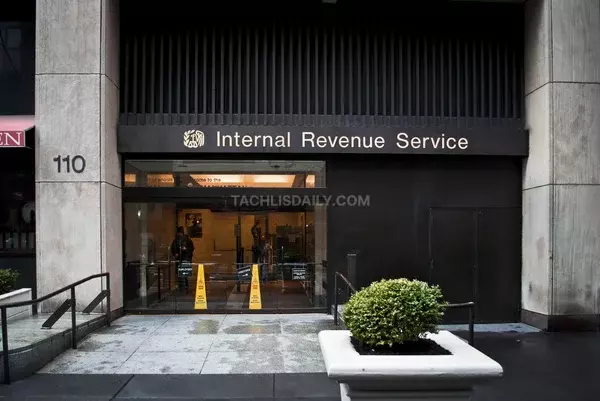The Internal Revenue Service (IRS) has announced its intention to significantly increase audit rates for large corporations, partnerships, and multimillionaires over the next three years, following a substantial boost in funding from the Biden administration.
In a recent release, the IRS outlined its goal to nearly triple the audit rate to 22.6% for corporations with assets exceeding $250 million in the 2026 tax year, a steep rise from the 8.8% audited in 2019. Similarly, complex partnerships with assets over $10 million will see their audit rates increase nearly tenfold, to 1% in 2026.
Individuals with annual incomes exceeding $10 million will also face a higher risk of audit, with a 50% increase in audit rates expected by the 2026 tax year.
These forthcoming changes come as part of the IRS’s strategic operating plan, fueled by $80 billion in new funding allocated by the Inflation Reduction Act signed into law by President Biden in 2022. The aim is to modernize the IRS’s systems, enhance taxpayer services, and bolster enforcement to narrow the “tax gap” between owed and collected taxes.
Despite the increase in audits for large corporations and wealthy individuals, the IRS assured that audit rates for individuals and small businesses earning under $400,000 will not be raised, aligning with President Biden’s pledge not to increase taxes on this demographic.
An audit involves meeting with an IRS auditor to review the accuracy of a filed tax return and may require additional documentation to support claims. Failure to provide adequate documentation can result in civil penalties or even legal consequences such as tax evasion charges.
The IRS’s efforts to ramp up audits have faced opposition from Republicans, who view them as intrusive and burdensome. Consequently, there have been efforts to reduce IRS funding, with a top-line spending deal set to cut funding by $20 billion this year.
However, the IRS has ramped up its hiring efforts, with plans to increase its workforce to around 93,000 by 2028, up from 88,411 estimated for fiscal 2024. These hires will include additional enforcement staff to support the agency’s audit initiatives.
Overall, the IRS’s crackdown on audits reflects a broader push to ensure tax compliance among large corporations and high-income individuals, as the government seeks to close loopholes and minimize tax evasion.











